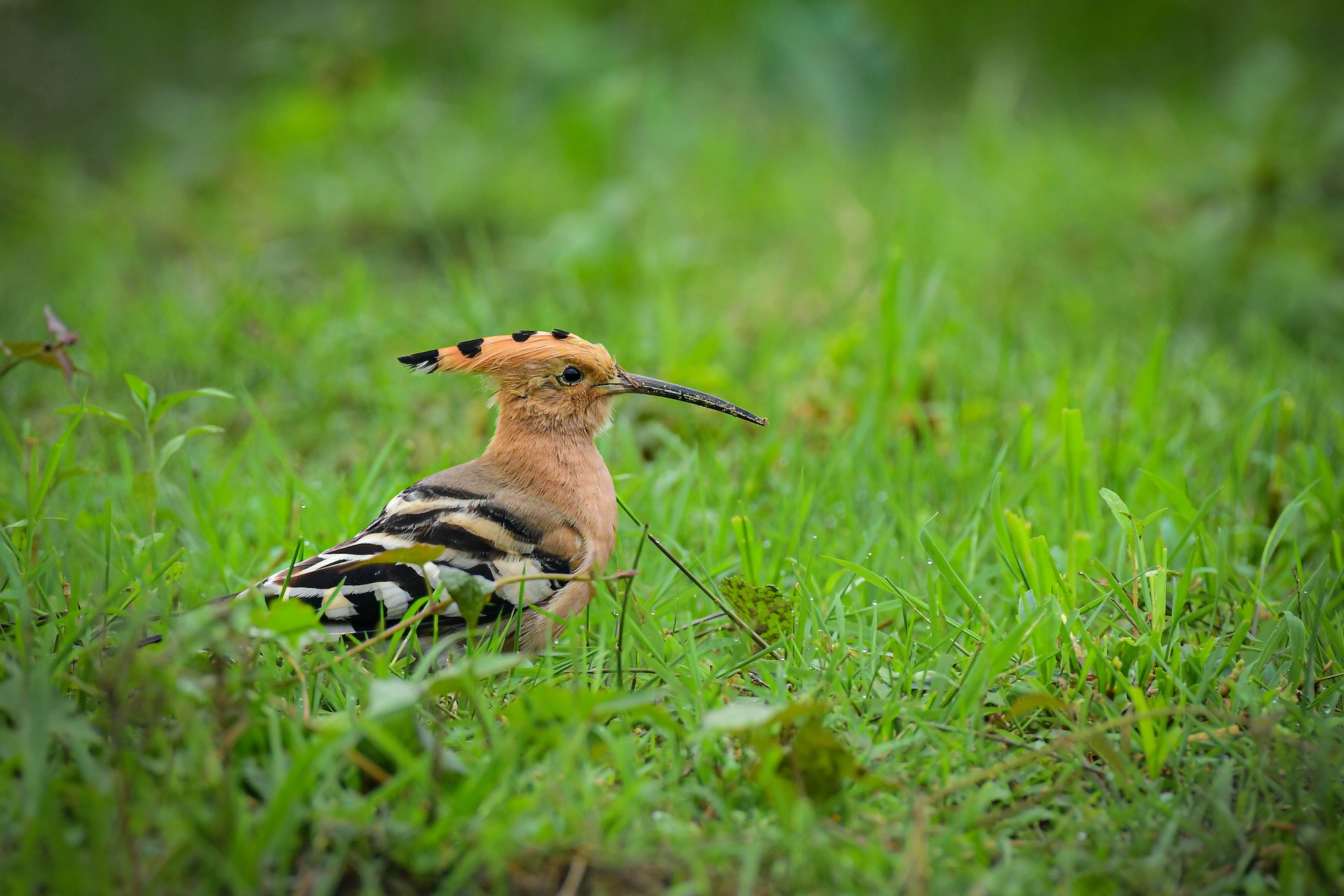As a gardener, there is nothing more annoying than seeding your lawn and then watching from the kitchen as a flock of birds fly in and devour your scatterings in a moment. It is a classic battle of humans against nature and one that humans often lose. As we think about how we will rejuvenate our lawn in spring, we will know that birds become our greatest enemy when looking for the perfect manicured lawn.
Here we offer seven tips to help keep the birds off your grass seed and help you attain that magazine-perfect lawn.
Distract and deter!
The traditional way to protect any crop is to build a scarecrow. While you might not want to commit to a human-shaped dummy in your garden fully, there are other ways to discourage the birds. First, you can put up some windmills or oversized pinwheels. The bright colours, noise, and movement will act as a deterrent and add colour and whimsy to your garden.
Reflective items are another way to disrupt and deter a bird. If you can add some foil to your pinwheels, it will work better. If you go around allotments in the spring, you will also see the strange sight of old CDs strung together and hung above the ground. The light bouncing from these CDs is an excellent way to discourage birds from stealing your seeds.
Cover it up
Seeds grow with the help of sun and rain. Therefore, completely covering the lawn is counterproductive. However, you can use a repellent net to keep the birds away and allow the light and water to do their work. A repellent net is a good idea for a small lawn, though not necessarily that practical for something more expansive.
Another option is to cover the lawn with burlap, commonly known as sacking material. The natural material allows water and warmth to pass through and can offer some protection until the seeds sprout. Mulching is another choice some gardeners make. The straw mulch covers the seeds and has the added benefit of retaining moisture in the soil. The problem is that it will look untidy for a short time.
Provide more accessible food for birds
You may not wish to deter birds from your garden, as they offer much interest. Consequently, you can always give hungry birds a more leisurely meal by providing bird feeders and food on perches higher from the ground. Birds eating grass seed from the ground is not ideal for them, making them vulnerable to predators. Therefore, if food is higher, they will choose this first.
You may also want to shape the habits of birds. They will first fly to where they have known there to be food before. Therefore, if you lay some seeds down far from your lawn for a few days before reseeding your yard, you will encourage them to eat where they know there will be food.
Plant more seeds than is needed
No matter what you do, some of your seeds will disappear. It is sensible to overseed your garden to cover your bases. You let the birds have a snack, and still, there will be enough to give you a luscious lawn.
Bury the seeds
The phrase “bird’s eye view” gives you an idea of how they spot the food they want. A bird uses sight to scan for its next meal. Consequently, a surefire way to protect the seed is to cover them up. Lay your seeds, and then sprinkle over some soil. Using a rake, lightly pull it along the surface so the seeds are no longer visible.
Make some noise
Keeping busy in your garden is one way to be sure of deterring birds. While you are making a noise, they will not come close. It might not be practical to be out there all the time, and some ingenious gardeners play sound into their garden using a sound system. Be aware that this might not be popular with your neighbours and should probably be one of many strategies used.
Use a fake predator
Putting out a model of a giant bird or putting silhouette cats on your lawn can also be an effective deterrent. A bird is constantly aware of predators, so putting out models of creatures that would be a threat is a simple and highly effective way to protect your seeds.
Conclusion
Gardeners have various tricks in their armoury to protect the seeds they lay. While they might be unable to save every seed sown, they have become pretty savvy. If all these tips fail, it is worth nipping down to the local allotments and seeking wisdom among the plots.
